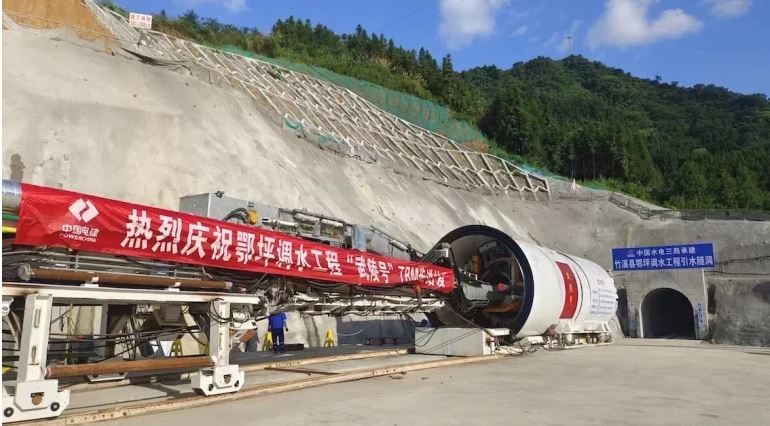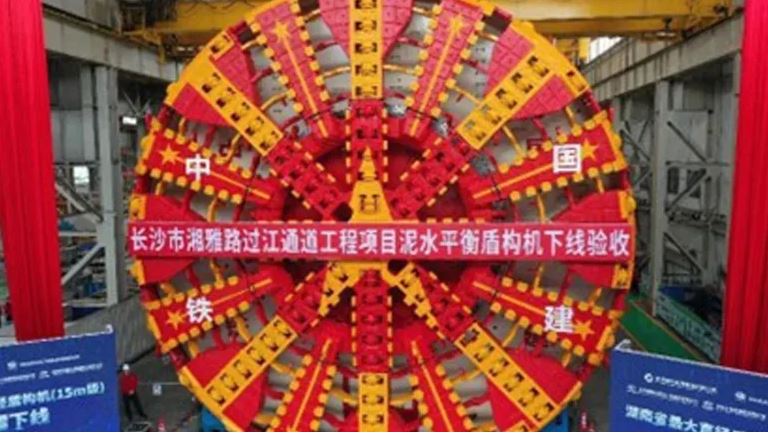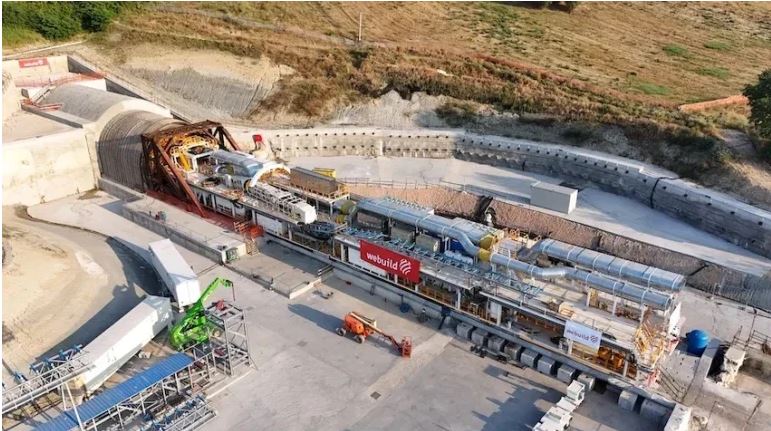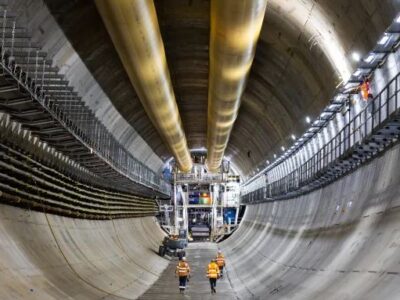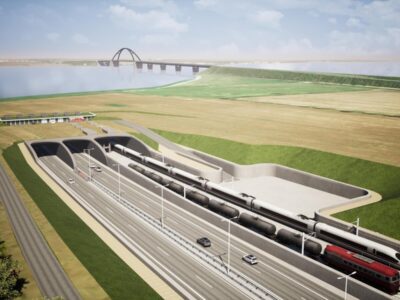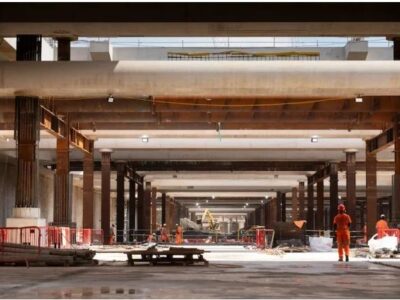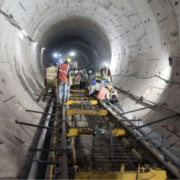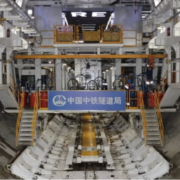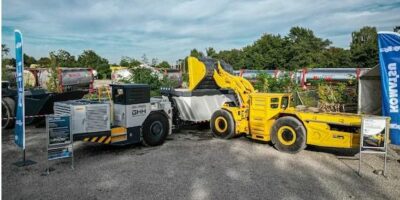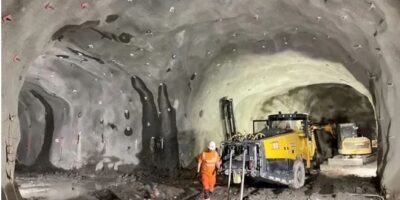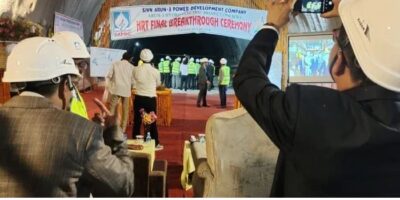
The Australasian Railway Association (ARA) and Roads Australia (RA) are urging the Federal Government to update the Priority Skilled Occupations List to include specialist skills that are critical to the delivery of major road and rail construction projects, as these industries will be harmed by a lack of skilled overseas workers.
The RA and the ARA cautioned in a joint contribution to the Federal Parliament’s investigation on skilled migration in March 2021 that a lack of rapid access to qualified employees from abroad would stymie the implementation of significant transportation infrastructure projects.
These problems, according to the RA and the ARA, would be exacerbated by the recent Federal Budget’s large infrastructure spending unless remedial action is done. “Governments are banking on the execution of transportation infrastructure projects to support post-COVID economic activity,” said Michael Kilgariff, CEO of Roads Australia.
“Our industry is willing to play its part – but the delivery of such a massive project pipeline faces challenges from a shortage of skilled labour.
“The Federal Budget contained major investments in training opportunities – and of course these are welcome. But the delivery of such training takes time, and the shortages being faced by industry are immediate.”
Prior to the pandemic, 68 percent of rail enterprises relied on trained foreign employees, with more than 60 percent of enterprises noting that these individuals were crucial to the implementation of high-value projects, according to a poll of ARA members emphasized in the joint submission.
More than half of those questioned predicted that their demand for competent overseas workers will increase in the future.
“The continuous isolation of Australia’s international borders has made it very difficult for business to source some of the specialized skills needed on big transport infrastructure projects,” said Caroline Wilkie, CEO of the ARA. “We need to be ready to attract the skilled workers to support these projects once borders reopen.
“The current Priority Skilled Occupation List identifies 19 occupations considered as being critical skills to support Australia’s economic recovery.
“Of that list, the only skills that are relevant to the construction of railways and roads are construction project managers and mechanical engineers.
“If we want to realise the benefits these major infrastructure projects can deliver, there needs to be greater flexibility offered to industry to secure skilled workers.
“These workers are critical for meeting immediate shortages and boosting local industry capacity by sharing their knowledge with locally-based workers.”
While the addition of $10 billion in transportation infrastructure projects in the Federal Budget for 2021/22 is commendable, the RA and the ARA warn it will put further burden on the already scarce skills pool.
Improves to Australia’s skilled migration program are now required to ensure that business can complete big transportation infrastructure projects in accordance with government and community expectations.
They believe that requiring the Skills Commissioner to examine an industry’s potential to implement government goals indicated in documents like the Budget when proposing professions for inclusion on the Priority Skilled Occupation List would be a solid first step.
Mr Kilgariff stated, “At present, the Federal Government’s Global Talent Visa Program lists one of its ten target sectors as ‘infrastructure and tourism’.
“While both industries are undoubtedly vital, they are completely different and rely on entirely different skill sets. It is important the infrastructure sector is recognised within the list as a distinct category.”
The Infrastructure and Transport Ministers’ Meeting (ITMM) on May 28, 2021, affirmed that it would be a suitable time to explore adding more specialty skills to the Priority Skilled Occupation List to guarantee project execution is not hampered by labor shortages.


